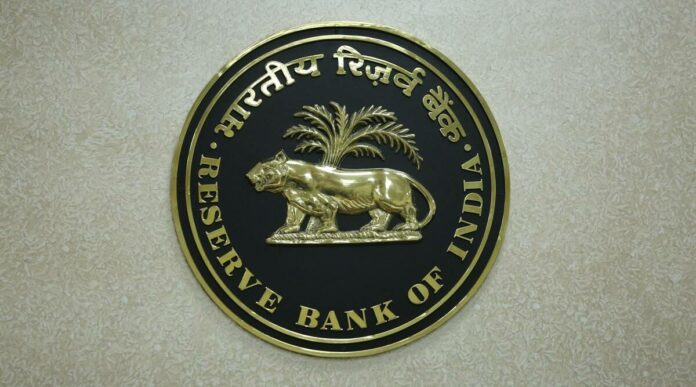The Reserve Bank of India who looks after all the monetary decisions of the country has now taken another decision in an attempt of managing the liquidity.
The Central Bank has been very proactive in taking decisions in anything that helps the nation. They have now decided to increase the interest rates of commercial papers in an attempt of managing the liquidity.
Reserve Bank of India has been keenly looking after the liquidity. The decision has finally turned up and welcomed by investors. The RBI has decided to increase the interest rates sharply by 10-15 basis points this week through VRRR (variable-rate reverse repo) operations that withdrew excess surplus liquidity from the banking system.
Currently, commercial papers issued by Non-Baking Financial Companies (NBFCs) yield 4.05-4.15% maturing in three months. While those for manufacturing companies are currently trading between the range of 3.70 & 3.80% against 3.55 – 3.65%
Mr. Ajay Mangulnia, The Head and MD at JM financial said “Yields on money market papers, which includes CPs, also have been inching up as liquidity sterilization is on the cards and there have been frequent VRRR by the central bank to absorb excess liquidity from the system,” This clearly states that in an attempt of managing or reducing the liquidity the RBI has increased the rate of CPs.
But will this work? How will this benefit us down the road? How will this benefit RBI? How will the liquidity be reduced or managed by this decision? The answers are here. RBI is the only bank in India that takes such decisions. They have the responsibility to control the economic environment in India. If they find out that the liquidity in the market has gone up and this may lead the Inflation, they are supposed to take the necessary steps in an attempt of maintaining the equilibrium in the market.
In this case, the RBI has taken this step to maintain liquidity. Increasing the interest rates of commercial paper will attract the general public to invest the funds in Bonds, or Papers, etc. This will mean the cash in hand or cash at the bank will be invested by the general public to get higher returns. As soon as they start investing the liquid cash will go in hands of RBI and it will be reduced as planned. These policies help people to gain more profit or returns from their investment and RBI to control things.
Authority like RBI has to keep taking steps like this to control the market. They keep doing it time and time again and, we, the general public can take good advantage of it.
Follow and connect with us on Facebook, LinkedIn & Twitter

